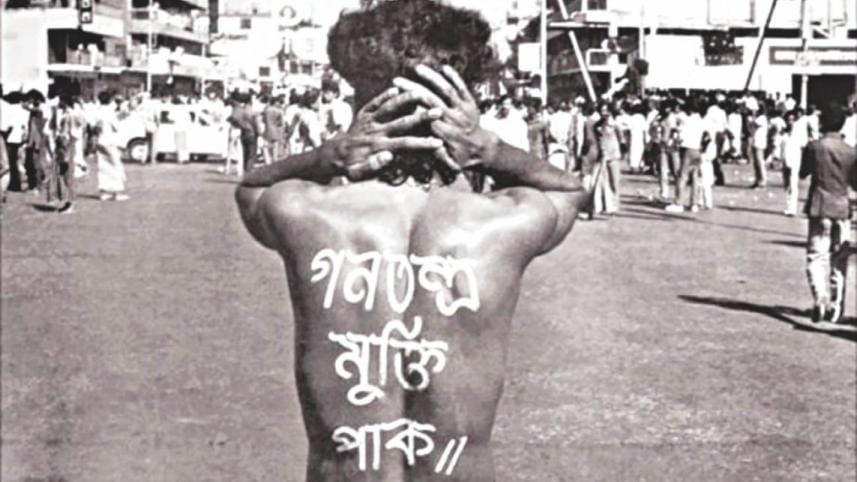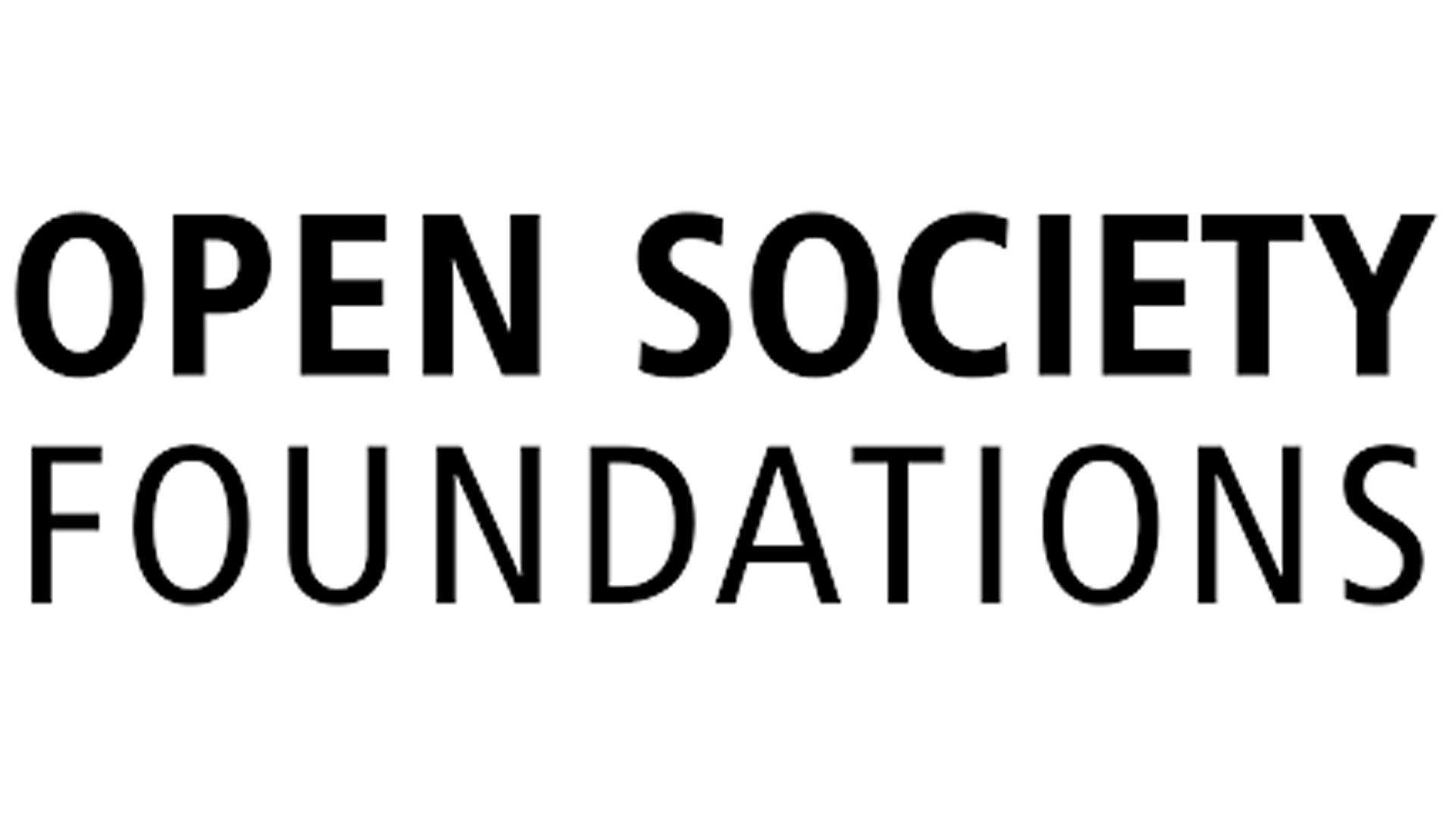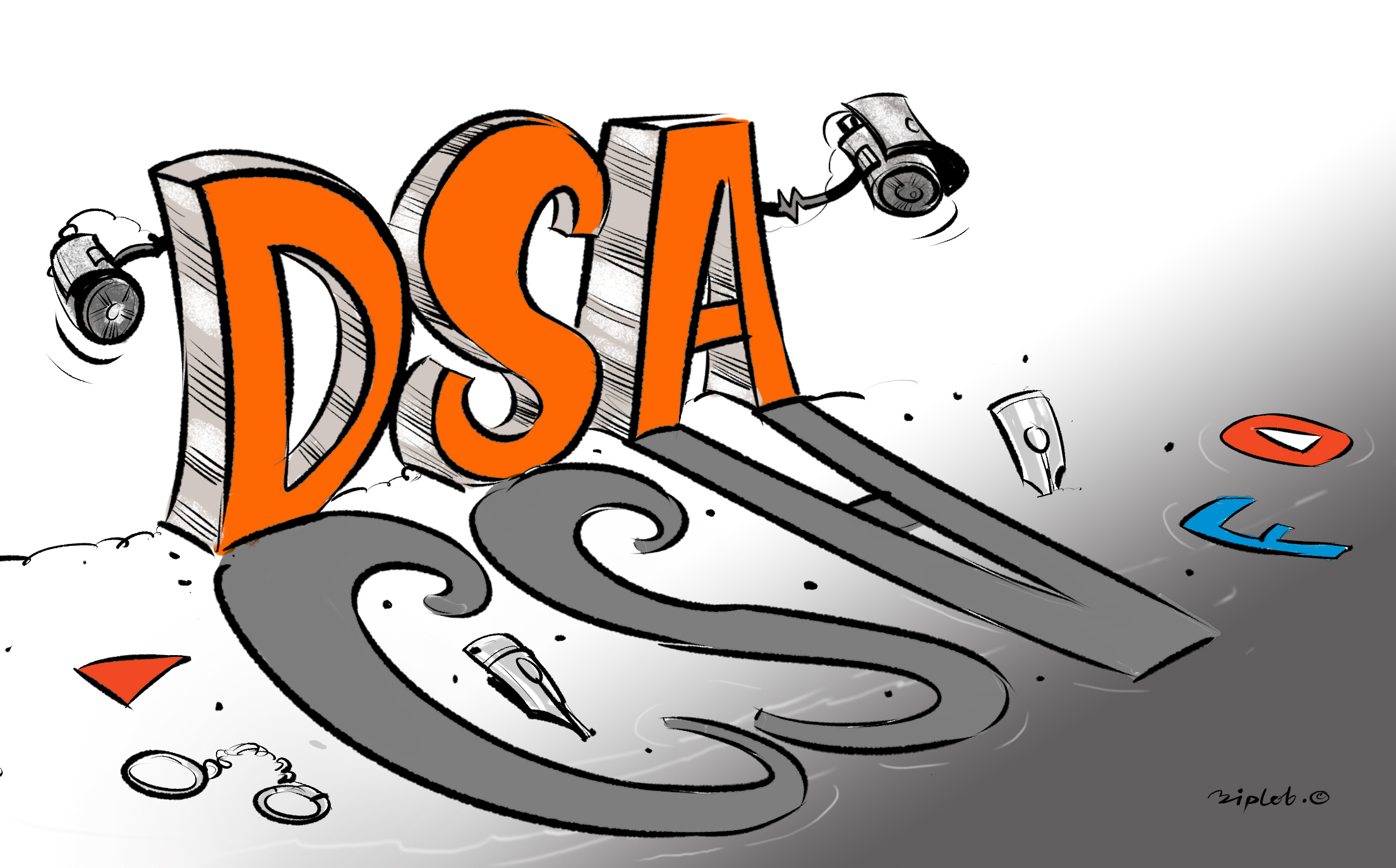Do Bangladeshis want democracy?

The recent survey by Open Society Foundations titled "Open Society Barometer: Can Democracy Deliver?" appears to have rekindled some hope as it found that, globally, 86 percent people have faith in democracy. Perhaps it's even more encouraging for us as the percentage of faithfuls for democracy in Bangladesh is five percent higher than the global average. However, to overlook the small print would mean not noticing the danger signals as democratic backsliding globally, and in our homeland, could lead us to a nightmarish situation.
It is already ironic that while we are observing the International Day of Democracy today, the most authoritative evaluation of the state of democracy worldwide, V-Dem Institute's Democracy Report 2023, noted that "Advances in global levels of democracy made over the last 35 years" were "wiped out" in 2022. V-Dem Institute, under the University of Gothenburg in Sweden, produces the largest global dataset on democracy for 202 countries from 1789 to 2022. V-Dem describes Bangladesh as an elected autocracy and places it in the group of countries that fall in the bottom 10-20 percent in its Liberal Democracy Index along with countries like Iran, Congo, Somalia, Cambodia, Russia, and a few others.
Judging the share of world GDP by regime type, it observes that "Autocracies are becoming more powerful economically, and their numbers are growing… Conversely, democracies are gradually declining in their share of global economic wealth. If these trends continue, autocracies will surpass democracies in economic power over the next decades." The V-dem report also says that the global balance of trade power is tilting in favour of autocracies. But democracies are becoming less and less reliant on each other for trade. It notes that autocracies are becoming less and less dependent on democracies for both their exports and imports, but that democracies' dependence on autocracies is increasing.
Freedom House, a leading think tank from the United States which claims that it has been "systematically tracking the most pressing threats to democracy and freedom around the globe," also ranks Bangladesh as a country that is "partly free." In Freedom House's scoring, Bangladesh scores only 15 out of 40 for Political Rights and 25 out of 60 in Civil Liberties.
Amid such grim and depressing assessments, the Open Society survey respondents' high level of faith in democracy and strong urge for making the powerful accountable must be acknowledged as a sign of hope. Earlier, V-Dem Institute in its report also noted this rebound in public mood and termed it "defiance in the face of autocratisation."
According to the Open Society report, in addition to expressing faith in democracy well above the global average, Bangladeshis also valued human rights in higher numbers than the world average. The country was unique among the 30 countries polled, in that participants from Bangladesh showed a higher preference for prioritising civil and political rights (36 percent) over economic and social rights (28 percent). Another notable finding is the considerable support for accountability when rights are abused. While globally 63 percent respondents agreed that "tools such as travel bans and freezing bank accounts are useful ways to bring human rights violators to justice," the support for these in Bangladesh reaches 79 percent.
The small print in this survey, however, is quite worrying as authoritarian rule – either by the army or a leader who "does not bother" with parliament or elections – still appeals to nearly one-third of respondents globally. In Bangladesh, the number is nearly double the global average. One may wonder whether the last decade of absence of an effective parliament, coupled with the concentration of power to the executive and systematic capture of institutions by the state, have contributed to the normalisation of autocratisation.
Another finding of the Open Society survey that should ring alarm bells is that, globally, most of those who positively view authoritarian rule are aged between 18 and 35 years, closely followed by the group aged between 36 and 55 years. If we consider Bangladesh's demographic composition, about two-thirds of our population belonging to the relevant age group could well be a reason for such a high level of preference for authoritarianism. The absence of democratic exercises in institutions of higher learning, like universities and colleges, could also be contributing to young people's subjugation to power.
Universities and colleges should urgently take steps to hold student union elections, encouraging them to participate in national conversations on issues about their future.
This year's theme for International Day of Democracy is "Empowering the Next Generation." This can only happen if we can ensure their rights to express their views freely and without any fear, and provide the necessary space to do so, too. Universities and colleges should urgently take steps to hold student union elections, encouraging them to participate in national conversations on issues about their future. The government should also remove all barriers to freedom of expression and organisation and ensure a free and fair election.
Most of Bangladesh's young people, like the rest of the nation, did not have a chance to vote in the last two elections. There's a clear warning in the Open Society survey which indicated that 70 percent of Bangladeshis fear that political unrest will lead to violence next year. Only a fair, free, and genuine election can bring an end to the continuing political crisis and rising tensions.
Kamal Ahmed is an independent journalist. His X handle is @ahmedka1




 For all latest news, follow The Daily Star's Google News channel.
For all latest news, follow The Daily Star's Google News channel. 



Comments